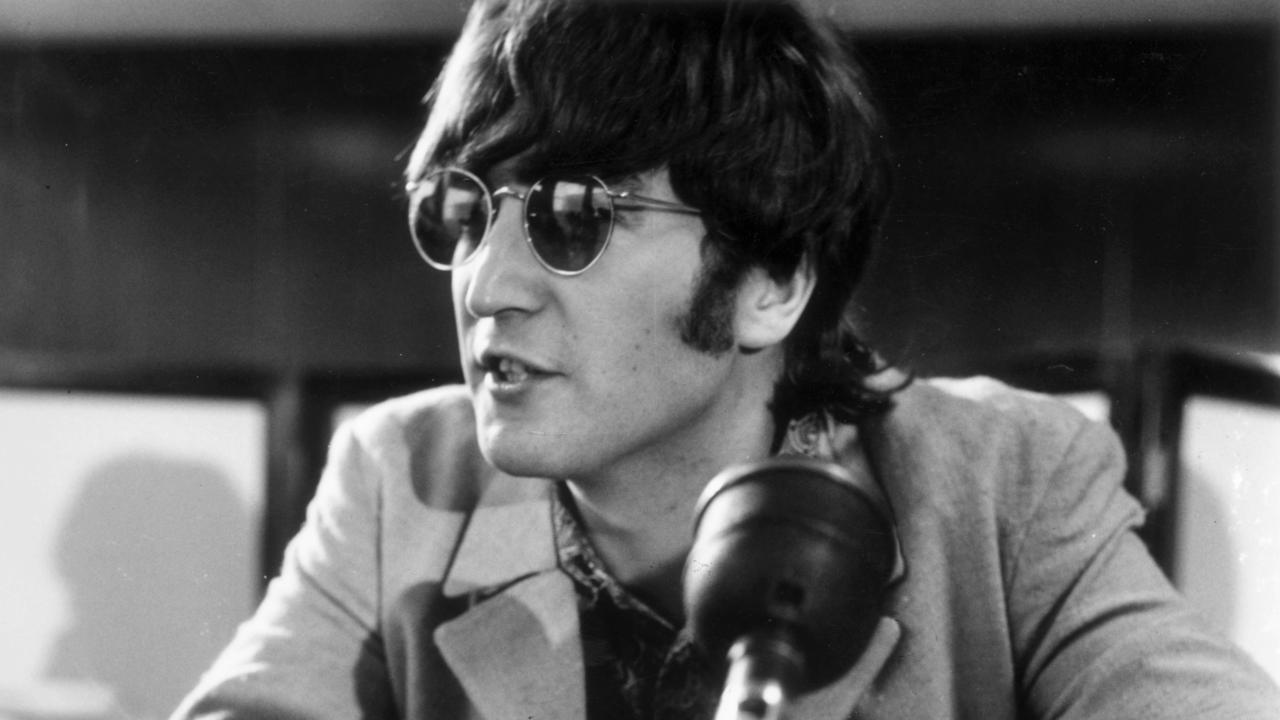Tuesday, December 8 is the 40th anniversary of John Lennon’s murder by a gunman.
On Monday, December 7th, The Brady Campaign to Prevent Gun Violence’s “Red, Blue and Brady” podcast will air a discussion about new gun violence prevention temporary protection order laws and how such a law could have saved John Lennon’s life.
The podcast was initiated by and featuring Safer Country’s Executive Director Paul Friedman. It will be broadcast on Monday night, December 7th. That night, it can also be found by going to the Brady Campaign website, http://bradyunited.org/podcast
Imagine: A gun safety law could have saved John Lennon’s life.
By Paul Friedman
Tuesday, December 8, marks the 40th anniversary of the murder of music legend and
peace activist John Lennon. It’s a crime that might have been prevented.
In 2018, the wife of Lennon’s killer revealed that her husband told her two months
before he fired the fatal shots that he intended to kill Lennon–and actually showed her
his gun and bullets, which he later transported illegally to New York from their home
state of Hawaii.
She could have tried to prevent this tragedy, yet she didn’t report what he told her to the
police or mental health services. Even if she had though, it’s unlikely that this would
have stopped him as there was no law that could have enabled the necessary
intervention.
Thankfully, that’s no longer the case. In 1999, a new law was created in Connecticut
that enables law enforcement to intervene prior to a crime being committed and remove
a gun or guns temporarily to prevent suicides and homicides–but only when a court
determines that someone is a serious danger to themselves or others. To establish its
constitutionality, the right to a hearing within two weeks is built into every version. A
version of it is now in 19 states, including Hawaii, plus the District of Columbia.
Originally called a risk warrant by its creator, Connecticut’s House Judiciary Chair
Michael Lawlor, it quickly became known as a red flag law. Yet, that has fallen out of
favor due to concerns raised by the mental health community. Thus, groups such as
Everytown for Gun Safety and the Brady Campaign to Prevent Gun Violence have been
calling them extreme risk laws. Meanwhile, states have been using terms such as
extreme risk protection order, or ERPO, substantial risk protection order, or SRPO, gun
violence restraining order, or GVRO, and firearms restraining order, or FRO. In the long
run, we need one name for clarity and ease of communication.
Why is this law so needed?
According to U.S. Centers for Disease Control and Prevention (CDC), “There were
39,740 deaths from firearms in the U.S. in 2018. Sixty-one percent of deaths from
firearms in the U.S. are suicides. In 2018, 24,432 people in the U.S. died by firearm
suicide. Firearms are the means in approximately half of suicides nationwide.” Even
worse, a 2017 study by the CDC found that nearly half of all female homicide victims
are killed by a current or former dating partner.
It doesn’t have to be this way. Broad use of this type of law can reduce these numbers.
Recently, Michael Lawlor observed that over the past 20 years the law has had “a huge
impact” in Connecticut, and beyond. Citing studies by researchers at Yale, Duke and
the University of Connecticut, he said the law has helped prevent scores of gun-related
deaths, particularly suicides, since its adoption. “Our law allows just one additional
option if all else fails where they’ve got the evidence that someone is in imminent
danger.”
Safer Country’s hope is that the power of John Lennon’s story will raise awareness and
save lives. Our message is simple. If only this law had been in place in 1980, John
Lennon might still be with us today. Imagine.
Beyond enacting and using the law, there is another way we can all make a difference.
After Lennon’s death, the people of Prague in the Czech Republic spontaneously found
a wall and began posting notes on it about their feelings of loss and opposition to gun
violence. It quickly became known as the Lennon Wall and it’s become a prominent
space to advance non-violence and peaceful co-existence. More recently, Lennon Walls
in Hong Kong have emerged as a place for voices supporting democracy.
It’s time for us to follow suit. Find a big wall in your community where notes and artwork
about this would be welcomed and express your grief, pain and outrage over the gunfire
that causes suicides, homicides and life-changing injuries. Together, let’s use both
these laws and Lennon Walls to create the safer country we both need and deserve.
Paul A. Friedman, Esq. is the founder and executive director of Safer Country,
safercountry.org, an Alexandria, VA-based gun violence prevention non-profit with a
mission to keep guns out of unsafe hands.

